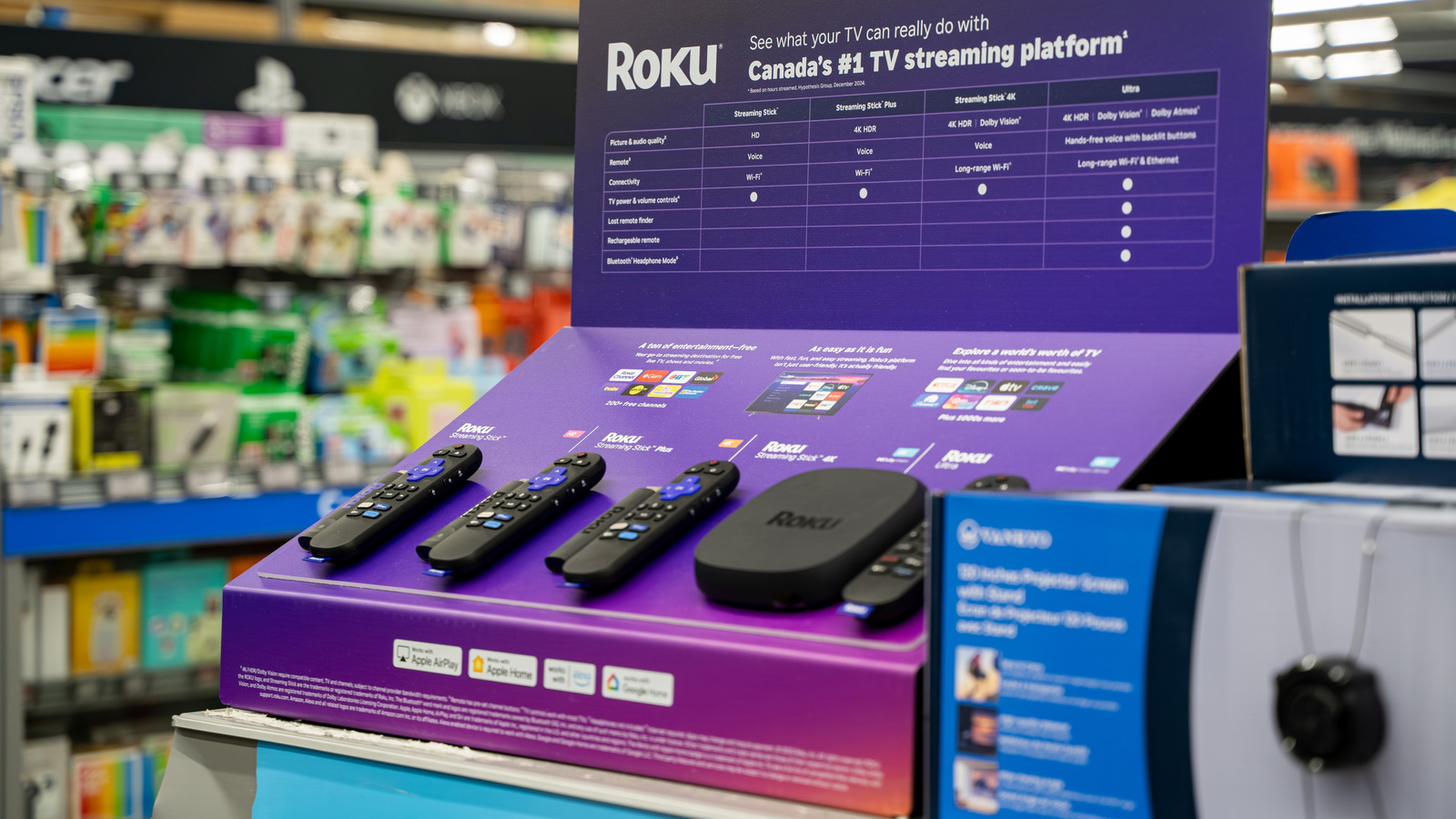TikTok’s Chinese sibling Douyin is ramping up its travel business with a new round of promotions, rolling out subsidies worth hundreds of millions of RMB to drive hotel bookings. The platform has launched discount packages including hotel calendar deals, livestream-exclusive vouchers, and brand membership bundles, intensifying competition among internet players across sectors.
Why it matters: A near-term price war in China’s hotel and travel sector appears inevitable, putting further pressure on smaller OTAs. Over the long run, industry players expect competition to shift from raw traffic acquisition to supply chain efficiency, favoring platforms with strong ecosystem synergies.
Details: Douyin is partnering with major hotel groups, including Huazhu, Hyatt, Poly Hotels, BTG Homeinns, Jinjiang, Hampton by Hilton, Atour, and Beijing NUO, to offer up to 40% off bookings, as well as exclusive new-user rates. Many chain hotels are also running daily livestreams through official Douyin accounts, pushing pre-sale vouchers at 60–90% of the list price.
- Unlike early leading OTAs Ctrip or Qunar, Douyin and rival Kuaishou largely rely on selling prepaid vouchers, which let users lock in deals without specifying exact check-in dates. This means conversion hinges on how many vouchers ultimately get redeemed. “Based on actual redemptions, Douyin’s OTA market share is likely still small,” an industry insider told Chinese news outlet Caixin.
Douyin’s latest campaign signals an effort to close this gap. Through its hotel calendar feature, users can now directly select stay dates and enjoy premium member discounts or special new-customer pricing. The company has also introduced limited-time calendar flash deals, allowing same-day booking and check-in.
Context: Douyin entered the local services space in December 2022, starting with group-buy deals for restaurants and hotels. During Covid, China’s travel restrictions meant these pre-sale products provided a temporary cash flow lifeline to hotels. But as travel resumed, the limitations of non-date-specific vouchers became clear, exposing data disconnects between hotels and platforms. Traditional OTAs, with deeper supply chain integrations, continued to dominate. By early 2023, Douyin signaled ambitions to build a more complete travel booking pipeline, rolling out calendar-based inventory that directly challenged Meituan and Ctrip.
China’s OTA market has long been led by Ctrip, which together with its fully owned subsidiary Qunar and its 24% stake in Tongcheng accounts for over 60% market share. Meituan Travel and Alibaba’s Fliggy hold less than 30% combined, with Meituan making up around two-thirds of that slice.
Competition is heating up. Four months after entering food delivery, JD.com jumped into the travel segment on June 18, offering merchants up to three years of zero commissions and placing its travel channel on JD’s homepage. Promotions include “hundred-billion RMB subsidies,” new-customer flight and hotel vouchers, and RMB 99 flash airfare deals. Days later, on June 23, Alibaba folded Fliggy into its core e-commerce unit to deepen integration with Taobao and Tmall. While not matching the scale of its RMB 50 billion subsidies for instant retail, Alibaba has started issuing Fliggy travel coupons through Taobao’s monthly 88VIP program, and Fliggy has rolled out summer hotel bundles with discounts of up to RMB 500.











